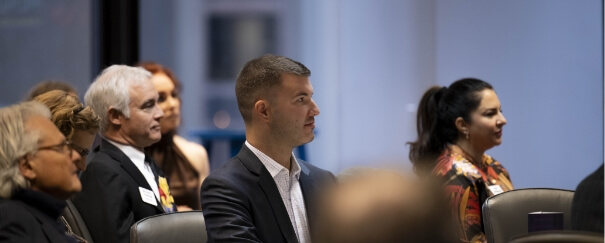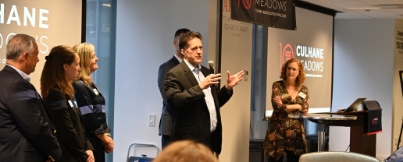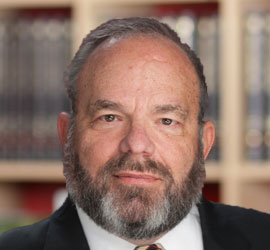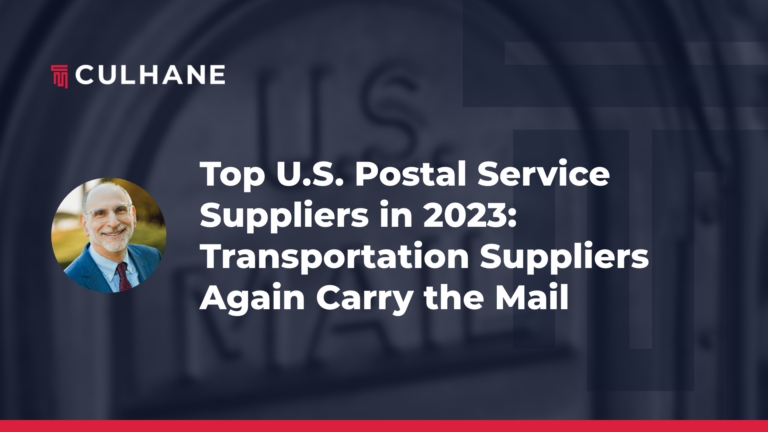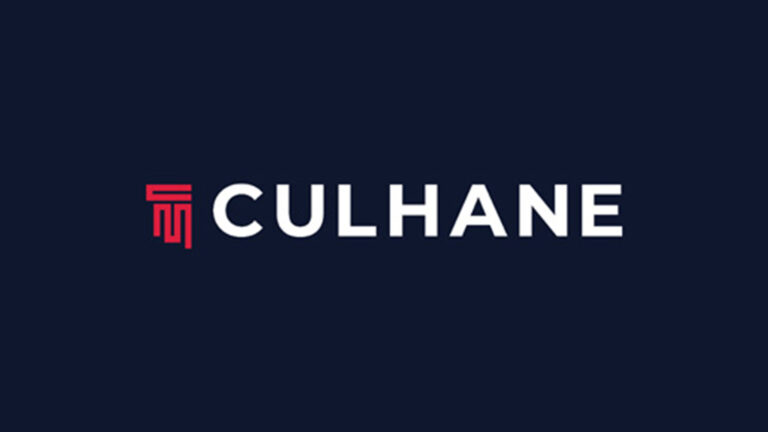Brad Elbein is a partner in the Government, Regulatory and Compliance team at Culhane Meadows PLLC. He handles telemarketing, advertising, consumer law, and defense of government or consumer claims. Brad provides an update on Florida’s new “Mini-TCPA” statue and its application beyond “telemarketing”.
Bad news! Procedures that complied with the federal Telephone Consumer Protection Act law (TCPA) may run afoul of Florida’s new “Mini-TCPA.” Worse, the new law applies beyond what our clients think of as “telemarketing” and beyond Florida.
Three ultra-important takeaways from the new statute: (1) It provides a private right of action; (2) It covers more than just telemarketing products, explicitly bringing calls used to generate lead data into coverage; (3) It applies beyond Florida businesses and Florida consumers.
A few high points:
- Solicitation calls of all kinds now require the called party’s prior express written consent (“PEWC”).
- “Prior express written consent” is loosely defined in the statute as a prior written agreement with the party to be called which contains the subject party’s signature and telephone number. Exactly how to obtain PEWC is not clear, but we can make some educated guesses.
- Covered calls include all “telephonic sales calls” made for the traditional TCPA/telemarketing purposes of soliciting a sale of consumer goods and services.However, the new statute also now includes calls marketing the extension of credit—and more!
- The statute also covers calls for the purpose of obtaining information for later use in sales, taking direct aim at a strategy sometimes used by our clients to attempt to place themselves outside “telemarketing.”As I have predicted for years, any calls used to harvest consumers’ personal information for later use in sales, will require PEWC under this statue.
- At present, TCPA does not preempt Florida’s law. This will be litigated
A few sleeper provisions:
- The law overturns bushels of litigation under TCPA attempting to define just what constitutes “Automated Telephone Dialing System,” but which mainly created contradictory and confusing rulings.Florida cuts through the mess by addressing “automated systems.” With this statue, anyplace the new Florida law touches (which could be literally anyplace), any machine used in telemarketing is an “automated system” if it does any one of the following three things: selection of persons to be called, dialing calls, or playing a prerecorded message.
- The law provides strict limitations on call times and imposes call-frequency restrictions (as does the new federal TRACED Act).
- The law provides a private right of action and penalties therefor.This will unleash the very active Florida plaintiff’s bar.
Perhaps your clients don’t do business in Florida? Many other states have either already enacted or are seriously considering mini-TCPA laws to address problems with FCC’s TCPA rulings.
Don’t despair! We can suggest ways for our clients to address this challenge. Please call me if you have questions or concerns about how to satisfy “prior express written consent,” or to determine whether your client’s communications fall within Florida’s mini-TCPA … or anything else related to telemarketing, advertising, consumer law, or defense of government or consumer claims.
Download PDF of this article HERE.
The foregoing content is for informational purposes only and should not be relied upon as legal advice. Federal, state, and local laws can change rapidly and, therefore, this content may become obsolete or outdated. Please consult with an attorney of your choice to ensure you obtain the most current and accurate counsel about your particular situation.
About Culhane Meadows – Big Law for the New Economy®
The largest woman-owned national full-service business law firm in the U.S., Culhane Meadows fields over 70 partners in eleven major markets across the country. Uniquely structured, the firm’s Disruptive Law® business model gives attorneys greater work-life flexibility while delivering outstanding, partner-level legal services to major corporations and emerging companies across industry sectors more efficiently and cost-effectively than conventional law firms. Clients enjoy exceptional and highly-efficient legal services provided exclusively by partner-level attorneys with significant experience and training from large law firms or in-house legal departments of respected corporations. U.S. News & World Report has named Culhane Meadows among the country’s “Best Law Firms” in its 2014 through 2020 rankings and many of the firm’s partners are regularly recognized in Chambers, Super Lawyers, Best Lawyers and Martindale-Hubbell Peer Reviews.



